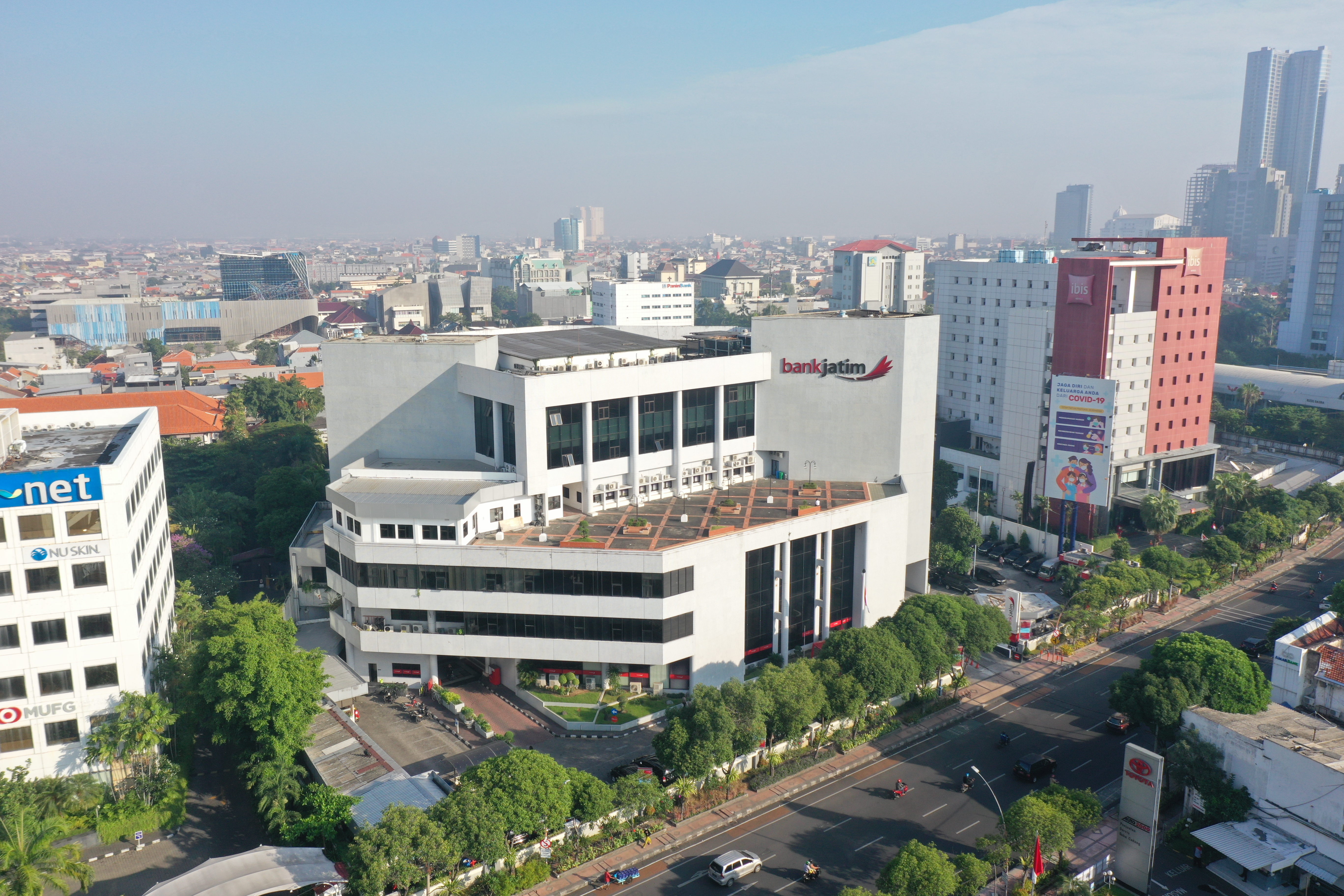Banking Performance Recovers, OJK Ends Credit Restructuring Policy
Date: 05 march 2024Categories :
<

SURABAYA, March 5, 2024. The Financial Services Authority (OJK) has officially ended the bank credit restructuring stimulus policy for the impact of Covid-19 on March 31, 2024. The end of the policy is consistent with the lifting of the Covid-19 pandemic status by the government in June 2023, as well as considering the Indonesian economy that has recovered from the impact of the pandemic. Including the condition of the real sector.
Chairman of the OJK Board of Commissioners Mahendra Siregar said that the credit restructuring issued since early 2020 has been widely used by debtors, especially MSME players. So that this makes the debtors able to get through the pandemic well. "The current condition of Indonesian banks already has a strong resilience (resilient) in facing economic dynamics. Supported by growing investment, strong capital levels, adequate liquidity, and good risk management and supported by continued economic recovery with a controlled inflation rate," he explained.
Mahendra said, all of this was reflected in several banking indicators in January 2024 which showed positive conditions. For example, the capital adequacy ratio (CAR) was at the level of 27.54 percent. Not only that, banking liquidity conditions are also considered still good with an adequate level of profitability. This is indicated by the Liquidity Coverage Ratio (LCR) of 231.14 percent and Liquid Tools/Non Core Deposit (AL/NCD) of 123.42 percent. "This is expected to be a solid risk mitigation cushion in the midst of uncertain global economic conditions," he said.
On the other hand, Mahendra saw that bank credit quality was also maintained below the 5 percent threshold. Gross NPL was 2.35 percent and Nett NPL was 0.79 percent. "So it can be said that the Covid-19 stimulus policy has made a real contribution in sustaining the pressure on the economy since the beginning of the pandemic until now," he said.
Meanwhile, credit growth at PT Bank Pembangunan Daerah Jawa Timur Tbk (bankjatim) also continues to show positive numbers every year. Throughout 2023, the credit expansion that has been channeled by issuers with the BJTM code is at Rp 54.76 trillion or up 18.54% (YoY). The credit figure grew above the average national credit growth of only 10.3%. "The composition of bankjatim lending is consumptive credit of Rp 31.2 trillion or an increase of 8.91% (YoY) and productive credit of Rp 23.5 trillion or an exponential growth of 34.28% (YoY)," explained bankjatim President Director Busrul Iman.
Bankjatim lending was also followed by improvements in loan quality. Seen from the Gross Non Performing Loan (NPL) ratio bankjatim sloping. Namely at 2.83% in 2022 to 2.49% in 2023. "That means the quality of bankjatim credit is getting healthier and a sign of recovery from several economic sectors," said Busrul.
Then for the KUR quota itself, bankjatim also continues to record improved performance from year to year, including during the pandemic. In 2021, bankjatim received a KUR quota of IDR 700 billion. Of this figure, which was successfully distributed by 88.7 percent. For the number of KUR debtors in 2021 itself as many as 4,928.
Next, in 2022 bankjatim managed to get a KUR quota worth IDR 2.5 trillion. The percentage of distribution is around 95.19 percent with a total of 19,159 debtors. And in 2023 bankjatim KUR quota increased even more at Rp 2.89 trillion. Which successfully channeled about 96 percent with the number of debtors 22,253.
On the other hand, along with the pandemic that has subsided and the lifting of the pandemic status by the Government, the economy of East Java in almost all sectors has also recovered and shown positive figures. Throughout 2023, the East Java economy was able to grow by 4.95 percent. Then some time ago Bank Indonesia also predicted that the East Java economy would increase again in the first quarter of 2024. The main factor is driven by household consumption along with the disbursement of the salary increase for ASN, the disbursement of THR at the end of the first quarter, the long weekend in February-March, and the increase in consumption during the political safari during the election.
The optimism of economic growth is also driven by the performance of various business fields. According to Bank Indonesia's observations, household segment credit is projected to grow 9.79% in the first quarter of 2024, while in the fourth quarter of 2024 it rose 9.43%. Thus, the East Java economy in 2024 is projected to grow by 4.7%-5.5% with the main motors of investment and consumption.
OJK Banking Supervision Executive Head Dian Ediana Rae also said, during the four years of implementing the credit restructuring policy, the utilization of the stimulus has reached Rp 830.2 trillion which was given to 6.68 million debtors in October 2020. "As many as 75 percent of the total debtors receiving the stimulus are from the MSME segment or as many as 4.96 million debtors with a total outstanding of IDR 348.8 trillion," she explained.
Dian said, in line with the economic recovery that occurred, the trend of restructuring credit continued to decline both in terms of outstanding and number of debtors. As of January 2024, the outstanding Covid-19 restructuring credit has significantly decreased to IDR 251.2 trillion given to 977 thousand debtors.
"The outstandings of banks' Covid-19 restructuring loans continue to decline, but the level of provisioning (CKPN) formed by banks continues to increase, exceeding the period before the pandemic. This condition is a reflection of the readiness of banks which are considered to have returned to normal conditions in a controlled manner (soft landing) to end the stimulus period," he said.

